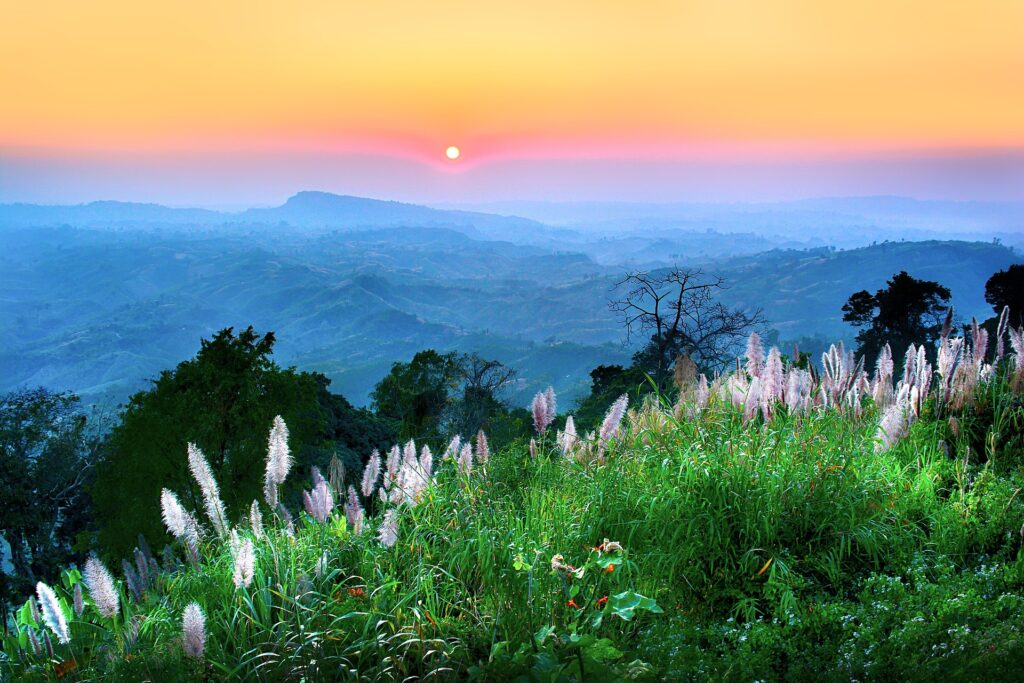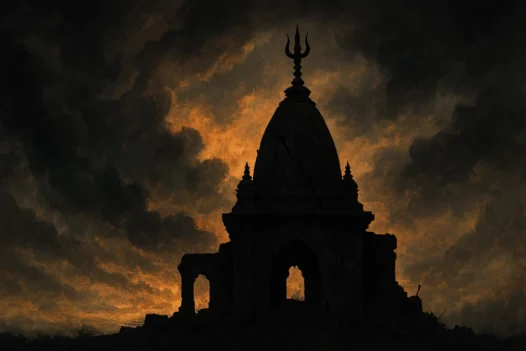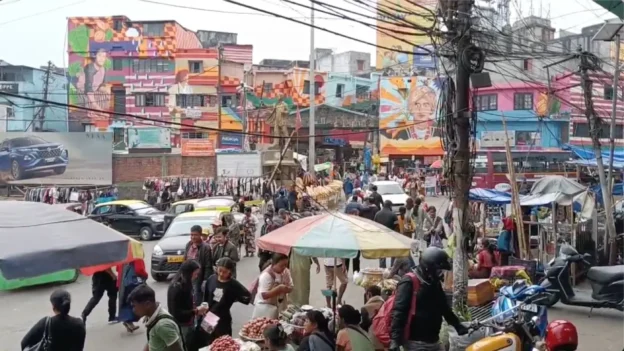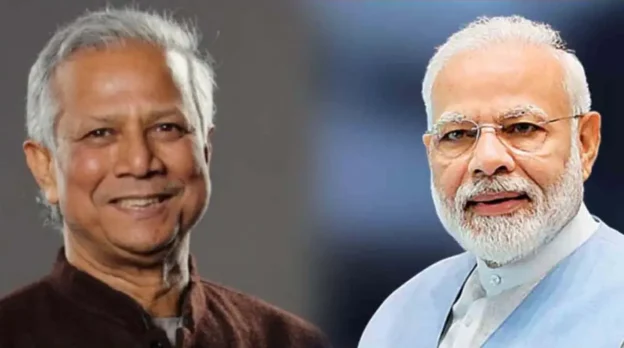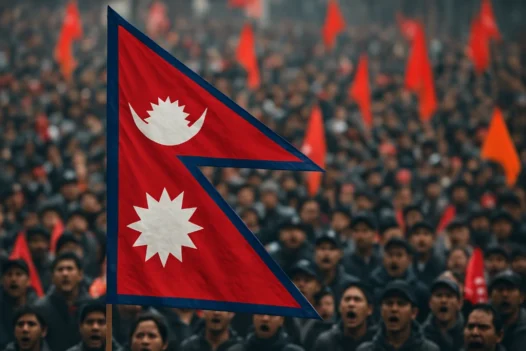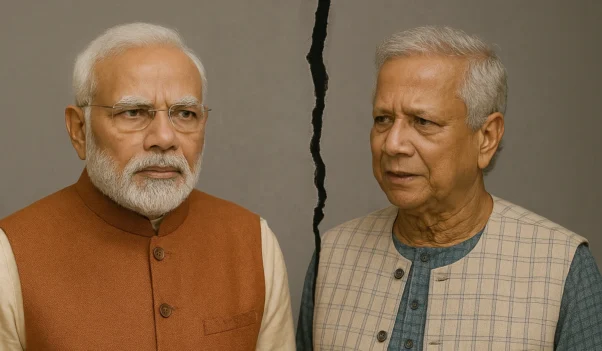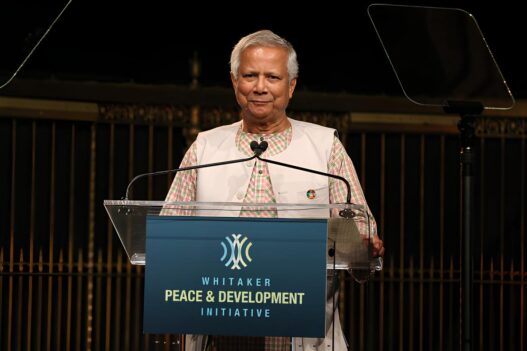In recent years, civic space across the globe has become increasingly constricted, and marginalized communities have felt the brunt of this erosion more than others. Nowhere is this more evident than in Bangladesh, where the Indigenous communities of the Chittagong Hill Tracts (CHT) have faced systemic exclusion, political repression, and violent military interventions that continue to undermine their rights and identities. Despite promises of autonomy and protection, particularly through the 1997 CHT Peace Accord, these communities are still grappling with a lack of basic freedoms, leaving them vulnerable to further marginalization. The current political climate in Bangladesh, which has seen a rise in violence and human rights abuses, only exacerbates the already dire situation in the CHT. The region’s Indigenous people have endured decades of violence, displacement, and discrimination, and with increasing state control and militarization, their civic spaces are now almost entirely diminished, threatening not just their survival but the preservation of their culture.
The 1997 CHT Peace Accord was intended to resolve long-standing conflicts between Indigenous groups and the Bangladesh government, offering autonomy and protecting the region’s unique cultural heritage. Yet, despite the Accord’s promises, the region has grown more militarized, and the rights of the Indigenous Jumma people have been consistently undermined. The military’s continued heavy presence in the area, a key provision that the Accord sought to reduce, has led to the systematic suppression of Indigenous rights. Military control has manifested in violence—murders, rapes, forced displacement, and arbitrary arrests—all disproportionately targeting the Indigenous populations. Though the government claimed to be withdrawing military camps, reports indicate that new ones are continuously being set up, further entrenching state power and silencing local resistance.
In addition to the military presence, the government’s policies have increasingly stifled the freedom of expression and organisation within the CHT. Civil society activists, journalists, and Indigenous leaders advocating for their communities’ rights have faced government crackdowns. The situation escalated around the time of the 2024 national elections, with activists reporting heightened violence and harassment. A particularly alarming incident in 2023 saw police extorting money from families of activists accused in false cases, a blatant example of how state-sponsored repression has infiltrated the region’s civil life. These acts of intimidation have made it clear that the Indigenous peoples’ ability to freely express dissent, organize for their rights, and seek justice is under constant attack.
The government’s policies of assimilation further threaten the cultural survival of the Indigenous peoples in the CHT. Over the years, there has been a concerted push to assimilate these communities into the dominant Bengali culture, often at the expense of their own traditions and languages. The state’s hostility toward practices like shifting cultivation, integral to many Indigenous groups’ livelihoods, is a glaring example of how state policies are erasing their cultural identity. The erosion of these cultural practices, alongside the political oppression Indigenous people face, puts them in an increasingly vulnerable position, as their very way of life is being actively threatened.
In spite of the promises made in the 1997 Peace Accord, many of its key provisions remain unfulfilled. The Accord was supposed to grant greater autonomy to the Indigenous communities by establishing local councils and devolving power from the central government. However, the implementation has been sluggish, with many unresolved issues such as land disputes and the rehabilitation of displaced communities still lingering. As a result, the Indigenous population has continued to face displacement, with Bengali settlers encroaching on their lands and further marginalizing them. The region’s land issue remains one of the most significant obstacles to peace, as the Indigenous peoples are losing their ancestral territories to settlers with the tacit approval of the state.
This failure to implement the Accord and resolve key issues is not just a political oversight; it represents a deeper, systemic problem within Bangladesh’s governance. The lack of enforcement mechanisms for the Accord leaves the Indigenous people vulnerable to land grabs and violence, both of which threaten their physical and cultural survival. The government’s denial of the Indigenous peoples’ right to govern their land and resources directly contradicts international calls for greater autonomy and respect for Indigenous rights.
While international organizations like UNICEF have stepped in with initiatives focusing on education and healthcare, their efforts have been insufficient to address the root causes of the crisis. A 2017 visit by a UN delegation acknowledged the challenges of reaching remote Indigenous populations in the CHT, but little meaningful progress has been made. The military presence persists, and despite claims by the government that security remains a priority, the lack of conflict in the region suggests that the military’s role is more about maintaining control over the Indigenous populations than ensuring their safety.
The growing violence and the continued militarization of the region in recent months—particularly since August 2024—are a stark reminder of how precarious the situation has become. The CHT, once home to thriving Indigenous cultures, has now become a hotspot for human rights abuses, as increasing state repression and violence continue to shrink the spaces where these communities can safely organize, protest, or speak out against the state’s actions.
This growing crisis raises urgent questions about the future of the Indigenous peoples in the CHT. Will the government continue to marginalize these communities under the guise of national security? How much further can the repression go before these communities lose the last remnants of their freedom to govern themselves and preserve their cultures? The question becomes more critical with the changing political dynamics in Bangladesh, where state control is tightening, and violence is spreading across the nation. As the government shifts further toward authoritarianism, will the Indigenous peoples of the CHT find themselves further excluded from the political process, their voices drowned out by the increasing militarization and state repression? The ongoing struggles of these communities should not only concern the people of Bangladesh but also the international community, as the consequences of inaction could lead to irreversible losses for both the Indigenous peoples and the country’s broader democratic fabric.

